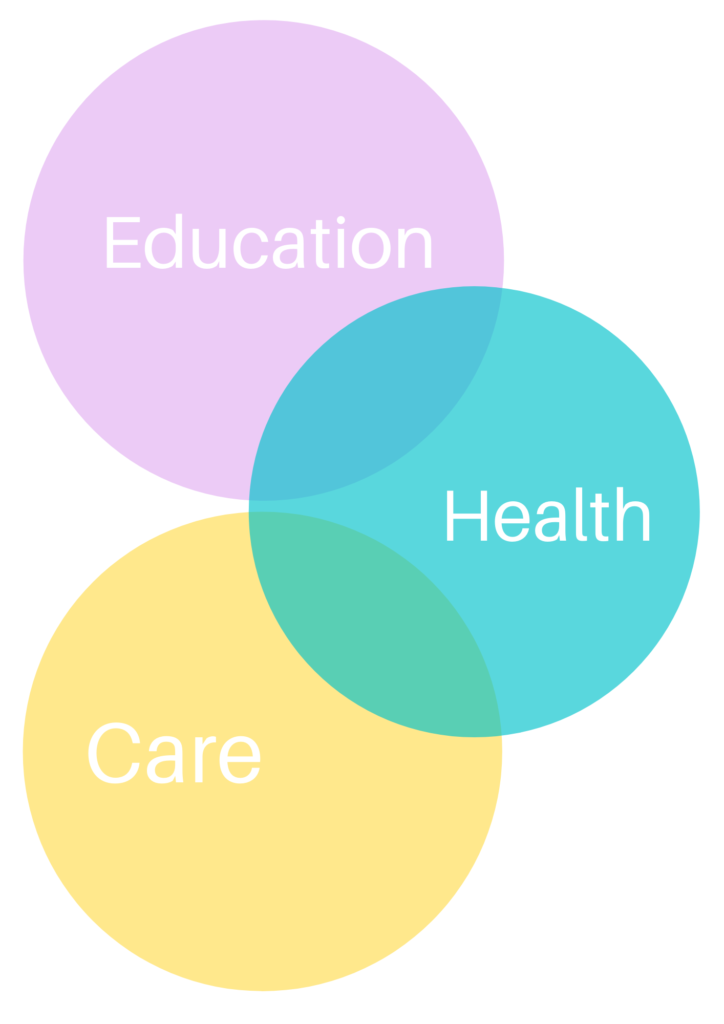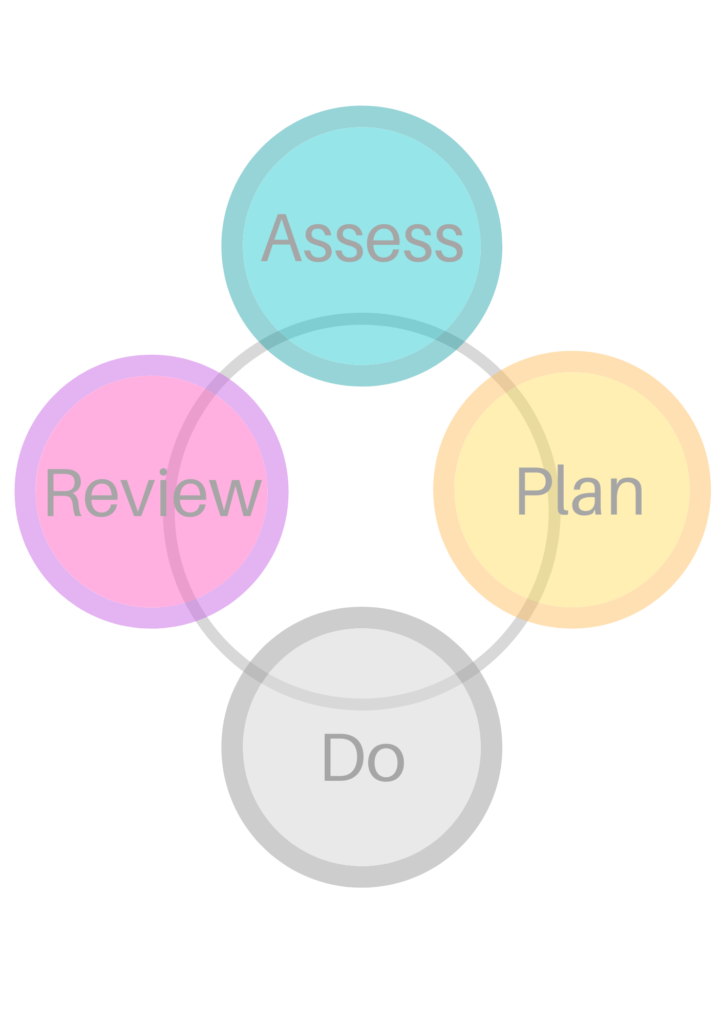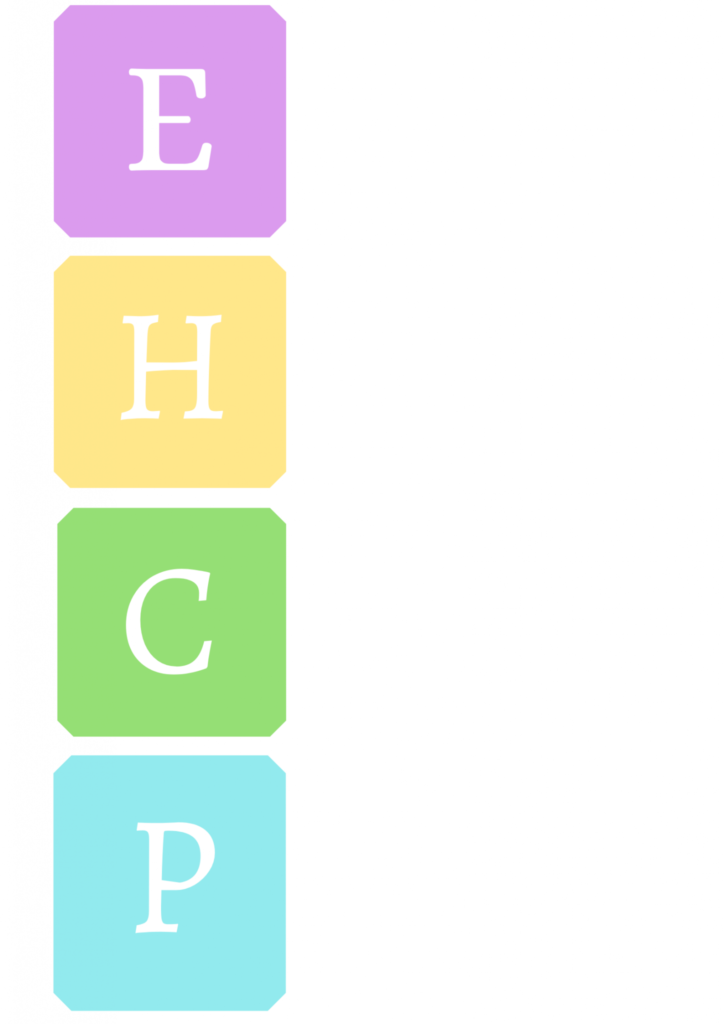
SEND Reforms
The introduction of the Children & Families Act (2014) meant an overhaul to the way that Education, Health and Care systems have to work. Together they must ensure that the needs of children and young people with SEND are met. Focusing on the aspirations of the individual and including them in the decisions that are made about the support they receive and the services that are provided to them.
Graduated Approach
The majority of children and young people with SEN can have their needs met by non statutory support.
The school or education setting that your child attends will assess (or involve professionals to do so) the needs of your child, gather your views and those of the child/young person.
Once the needs of your child are identified a plan will be drawn up, this should be carried out in partnership with you their parent/carer, the child and the member of staff that knows the child well. This is recorded and shared with staff within the education setting.
As per the plan, intervention(s) will be put in place to target the areas of need. It is the responsibility of the class or subject teacher to ensure that the plan is being implemented and they will be required to monitor progress.
Best practice states that plans should be reviewed termly, but can be reviewed more often. The review should seek the views of all involved to look at progress made, impact of the support and interventions and determine if any adjustments should be made.

Four Areas of Need
You may have been told that your child’s SEN has been categorised. Individuals can, and often do, have more than one area of need. Identified in the SEND Code of Practice (2015) these are:
Where there is a significant difference between your child or young person and the rest of their peers even with appropriate differentiation, a learning difficulty may be identified. There are varying degrees of learning difficulty and these are;
- Mild Learning Difficulties (MLD)
- Severe Learning Difficulties (SLD)
- Profound & Multiple Learning Difficulties (PMLD)
- Specific Learning Difficulties (SpLD): These apply to a specified area, such as dyslexia or dyscalculia
Children and young people with communication and interaction needs may find it difficult to interact with others, communicating effectively and understand the social norms of communication. Neurodiverse individuals are likely to have difficulties with social interaction and experience difficulties with understanding abstract language impacting how they interact with others.
Social, emotional and mental health difficulties can manifest in many ways. Children and young people may become withdrawn or isolated and can display challenging, disruptive or disturbing behaviour. These may be as a result of anxiety, depression or any number of other mental health difficulties. It may be as a result of neurodevelopmental conditions such as Attention Deficit Hyperactive Disorder (ADHD) or attachment disorder for example.
The child or young person may have a disability which hinders them in accessing the universal provision provided. This covers Visual Impairment (VI), Hearing Impairment (HI), Mulit-Sensory Impairment (MSI) and Physical Disabilities (PD). These individuals will need access to specific equipment and potentially specialist support.
More recently, Sensory Processing Difficulties (SPD) are covered under this category and adaptations to the environment may be needed to enable a child/young person to learn

Educational Health & Care Plan
This is a legal document that describes a child or young person’s special educational, health and social care needs. It states the additional support required to meet the needs of the individual and outlines how that help will enable the child or young person to achieve the specified outcomes, the child/young persons aspirations and their goals.
Educational Health & Care Plans are written and maintained by the local authority and there are statutory duties and timescales surrounding the assessment and review of the document as well as ensuring that the provision specified is being followed and outcomes are being met.
It is important to note that the majority of children with SEN do not require an EHCP. Nationally, the DfE reports that as of January 2019, roughly 15% of students have a Special Educational Need and 3% of students have an EHCP.
Become part of our Parent Carer Forum
About 1 Hart. 1 Mind. 1 Future.
1 Hart, 1 Mind, 1 Future, Hartlepool’s’ Parent Carer Forum, provides a central voice for Parents and Carers of children and young adults with SEN / complex learning / medical needs and disabilities.
